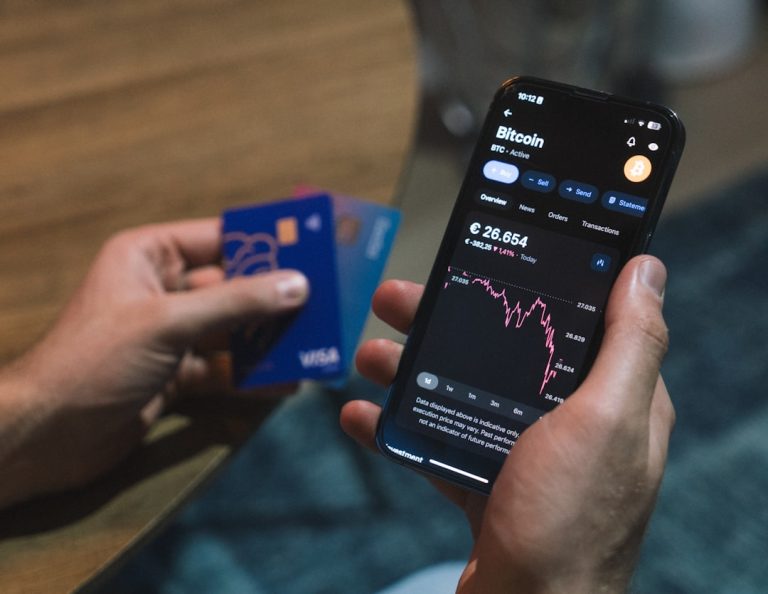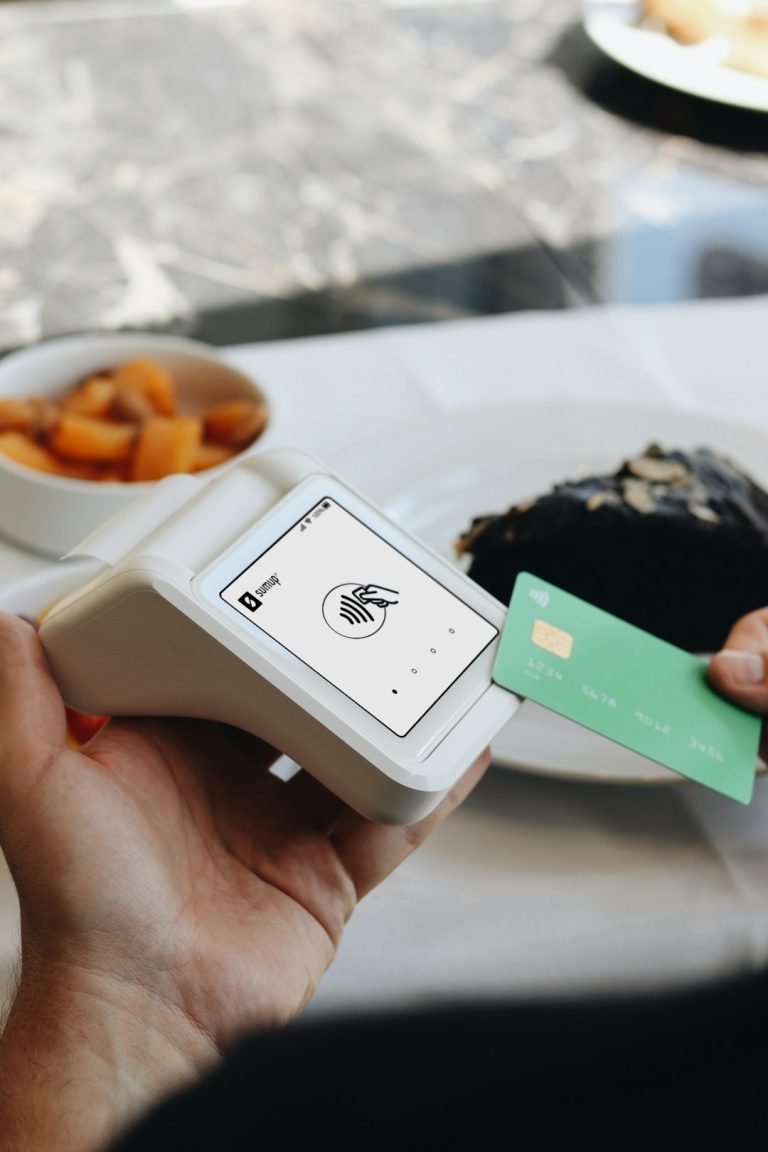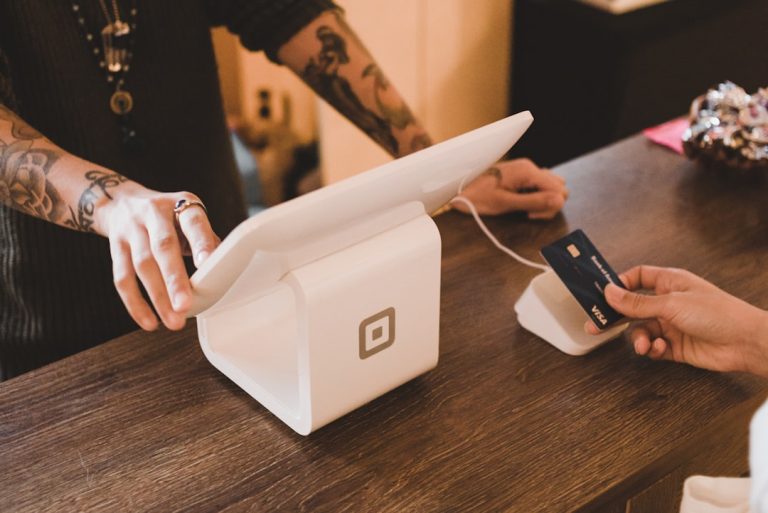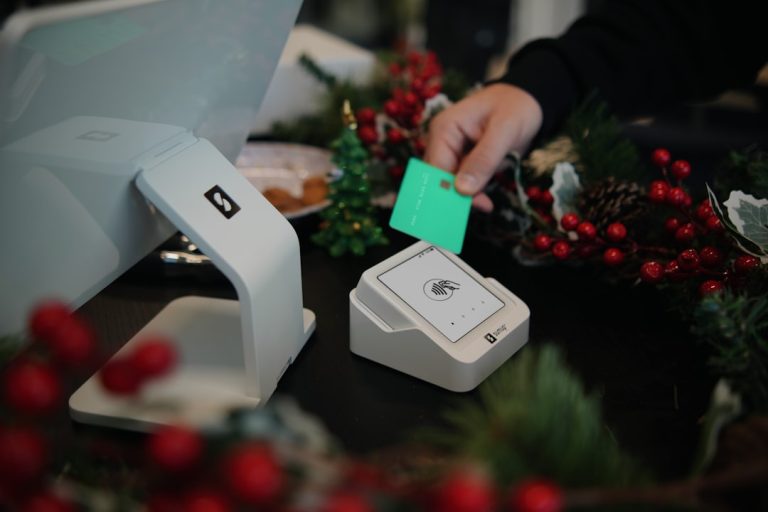Credit Card Fraud: How to Protect Yourself from Scams and Identity Theft
As our lives become increasingly digital, the risk of credit card fraud and identity theft is on the rise. In today’s world, it’s more important than ever to be vigilant and proactive in protecting your personal and financial information. In this comprehensive guide, we will explore what credit card fraud is, how it happens, and most importantly, how you can safeguard yourself against it.
What is Credit Card Fraud?
Credit card fraud occurs when someone uses your credit card information without your permission to make unauthorized purchases or transactions. This can happen in various ways, including:
- Skimming: Thieves use a small device to steal credit card information when you swipe your card at a point of sale terminal.
- Phishing: Scammers pose as legitimate entities to trick you into providing your credit card details through email or fake websites.
- Identity Theft: Criminals steal your personal information to open new credit card accounts in your name.
How to Protect Yourself from Credit Card Fraud:
Protecting yourself from credit card fraud requires a combination of caution, awareness, and proactive measures. Here are some essential tips to help you safeguard your financial information:
1. Monitor Your Accounts Regularly
Check your credit card statements and transaction history frequently for any unauthorized charges or suspicious activities. Report any discrepancies to your card issuer immediately.
2. Secure Your Personal Information
Avoid sharing your credit card details or personal information with unknown sources. Be cautious when providing sensitive data online and ensure that websites are secure before entering any information.
3. Use Strong Passwords and Secure Networks
Create strong, unique passwords for your online accounts and avoid using public Wi-Fi networks for financial transactions. Opt for secure payment methods and enable two-factor authentication whenever possible.
4. Be Wary of Phishing Attempts
Be skeptical of unsolicited emails or messages asking for your credit card information. Verify the authenticity of the sender before responding or clicking on any links provided.
5. Report Lost or Stolen Cards Immediately
If your credit card is lost or stolen, contact your card issuer right away to report it and request a replacement card. This will help prevent unauthorized charges on your account.
What to Do If You’re a Victim of Credit Card Fraud:
If you suspect that you’ve been a victim of credit card fraud, take immediate action to minimize the damage:
- Contact your credit card issuer to report the fraudulent activity and request a freeze on your account.
- File a report with the Federal Trade Commission (FTC) and local law enforcement agencies.
- Monitor your credit report regularly for any unusual activity or accounts opened in your name.
- Consider placing a fraud alert or security freeze on your credit report to prevent further unauthorized activity.
By staying informed, vigilant, and proactive, you can reduce the risk of falling victim to credit card fraud and protect your financial well-being. Remember, prevention is key when it comes to safeguarding your sensitive information in today’s digital age.
Stay safe, stay informed, and stay protected against credit card fraud!






